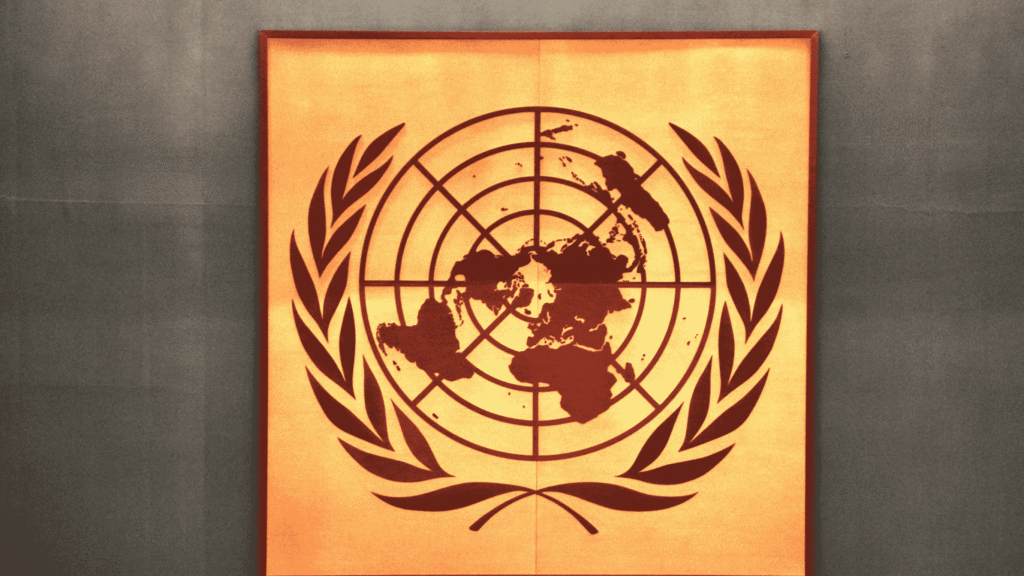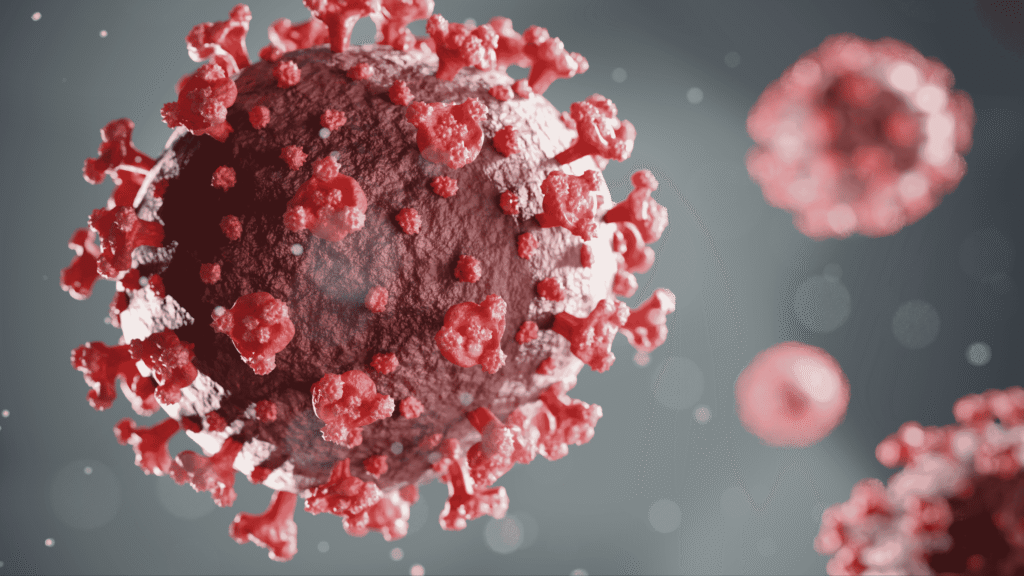According to a new report from the World Health Organization (WHO), social connection is just as essential as diet, exercise, and sleep when it comes to health. The report warns that social isolation and loneliness are now major public health threats, linked to early mortality and chronic disease.
Key Findings from the WHO Report
- Lack of social ties increases the risk of premature death by up to 30%
- Comparable to other risk factors like smoking, obesity, and physical inactivity
- Loneliness is growing globally, especially among older adults and youth
How Social Ties Impact Physical and Mental Health
Research shows that positive relationships can:
- Lower stress and inflammation
- Enhance immune function
- Reduce risks of depression, heart disease, and cognitive decline
- Promote faster recovery from illness and surgery
Global Action Needed
The WHO is urging governments and health systems to:
- Integrate social connection into national health strategies
- Invest in community-building programs and inclusive public spaces
- Support technology access for remote connection, especially for the elderly
Conclusion
The evidence is clear—human connection isn’t just emotional, it’s biological. WHO’s call to action positions social well-being as a critical pillar of public health that could save lives and enhance longevity across the globe.
Source: WHO – Social connection linked to improved health and reduced risk of early death





